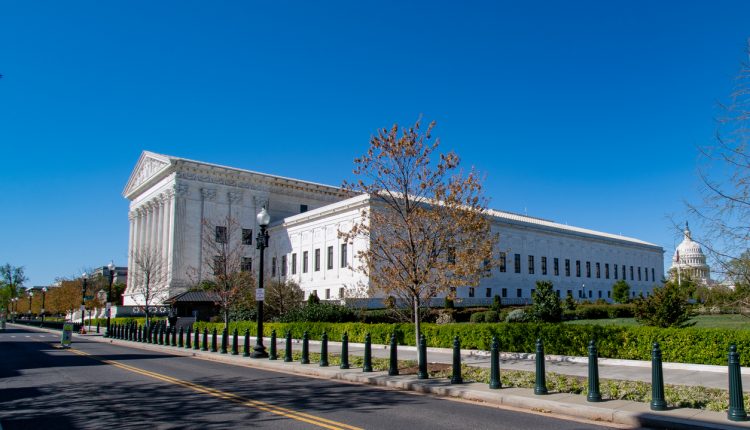US Supreme Court to Hear Nazi Art Dispute
The landmark case will determine to what extent US courts can be used to resolve international disputes.
On Monday, the Supreme Court of the United States will hear oral arguments in a 12-year legal dispute over a collection of medieval art sold by Jewish art dealers to the Nazis in 1935 in a case that legal professionals say will have far-reaching consequences for international restitution battles and their ability to be heard in US courts.
The plaintiffs in the case are descendants of two of the four Jewish dealers who bought the 42-artefact Guelph Treasure in 1929 for 7.5 million Reichsmark. The plaintiffs claim that the consortium was coerced into selling the artefacts five years later at a reduced price of 4.25 million Reichsmark as part of the Nazi campaign to strip Germany’s Jewish population of their possessions.
They now demand the return of the treasure, which they value at around $260 million.
The oral arguments will concern whether the plaintiffs can sue in US courts to retrieve the artefacts from the Prussian Cultural Heritage Foundation, which technically owns the Guelph Treasure. The Foundation says that it must adhere to US government principles on art confiscated by the Nazis, under which it has restituted over 2,000 books and 350 pieces of art since 1998. However, it holds that the 1935 sale of the Guelph Treasure to the German state was the result of tough but lawful negotiations.
“The key question we ask is whether a work in our collection was withdrawn from its previous owner as a result of persecution,” said Hermann Parzinger, president of the Prussian Cultural Heritage Foundation, in a statement to the Guardian. In the case of the Guelph Treasure, he said: “Neither was the sale forced, nor was the sale price unfair.”
The Foundation appealed the case to the SCOTUS after two lower courts found in favour of the plaintiffs. Some legal observers expect that the court will rule that the case is a matter for the German judiciary – and if it does not, that many more international disputes could be tried before US courts in future.
“It would let foreigners use US courts to sue their own nations for alleged human rights or law-of-war violations that happened in those foreign countries,” suggested Jonathan Freiman of the Prussian Cultural Heritage Foundation.




